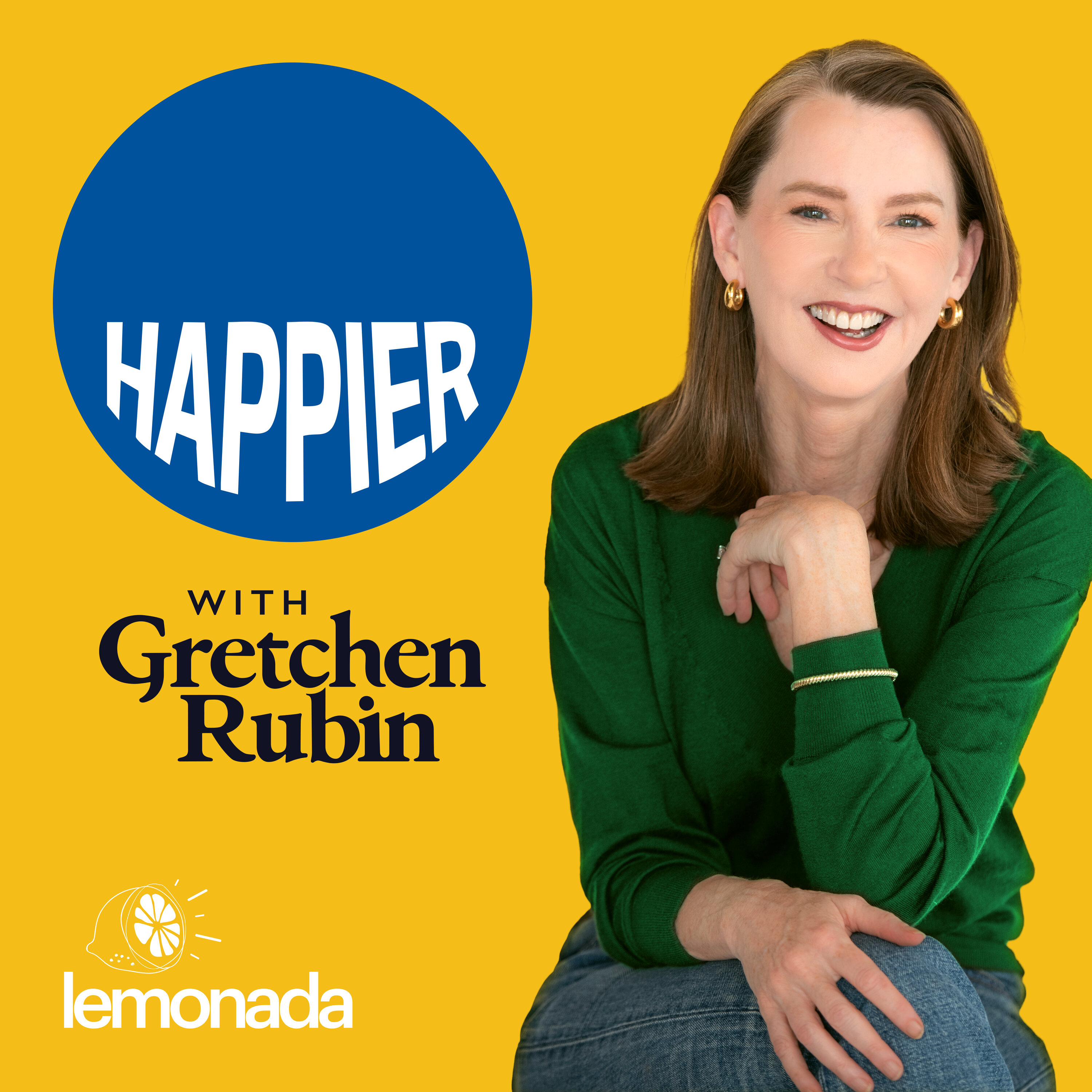
There are times when I’ve felt a shiver in the air—when suddenly, a moment reverberates with eternal meaning. Somehow, the world of symbols seems to become tangible, and transcendent forces activate.
I remember one instance. It was my turn to host the evening meeting of one of my children’s and young adult literature book group. We’d met, we’d discussed the book over dinner, and we all sat talking.
I don’t remember what we were talking about, but at one point, one friend observed, “I always want to feel empty,” and the person next to her countered, “I always want to feel full.”
This exchange hit me with tremendous force—it was as if Jungian archetypes burst in, loomed over the table, then vanished.
Thinking back on this moment, years later, I emailed each of them to ask, “Years ago, there was this brief exchange, do you remember it?” Both of them remembered it. None of us said anything in the moment that passed in a flash, but we all felt the power of that exchange.
I felt this same force around a friend who seemed trapped in a Greek tragedy or under a holy gaze. Bad things were happening to her, but it wasn’t just that bad things were happening to her; bad things happen to all of us. It was that the bad things seemed designed especially for her, to teach her a set of very specific lessons. It was uncanny.
One of my life’s great experiences was my time clerking for Justice Sandra Day O’Connor on the Supreme Court. Justice O’Connor is a brilliant jurist, with a pragmatic, straightforward approach to the world. And yet…it also seemed to me that she embodied something transcendent and symbolic. For one thing, like all clerks, we addressed her and the other Justices as “Justice.” It was her title of course, but it always struck me that every time we spoke to her, we were invoking the Spirit of Justice, the virtue she was meant to uphold. And beyond that, in some way that I’ve never been able to understand, Justice O’Connor seems to embody a particular aspect of the United States, in its vast open spaces, its restless people searching for a better life and praying for rain, in some mystical way that—I must say—is utterly incongruous with her actual personality.
If you want to hear a longer discussion about the conversation where one friend said, “I always want to feel empty,” and a friend responded, “I always want to feel full,” listen to episode 285 of the Happier podcast, where Elizabeth and I talk to my friend, author Susan Burton, about her brilliant memoir. The title of her memoir is Empty (Amazon, Bookshop).
